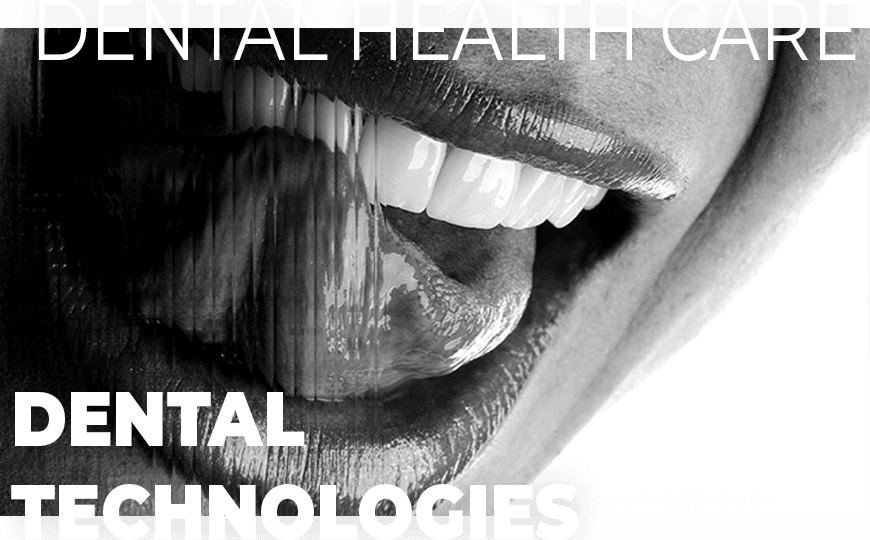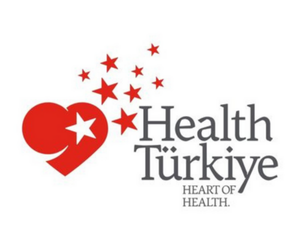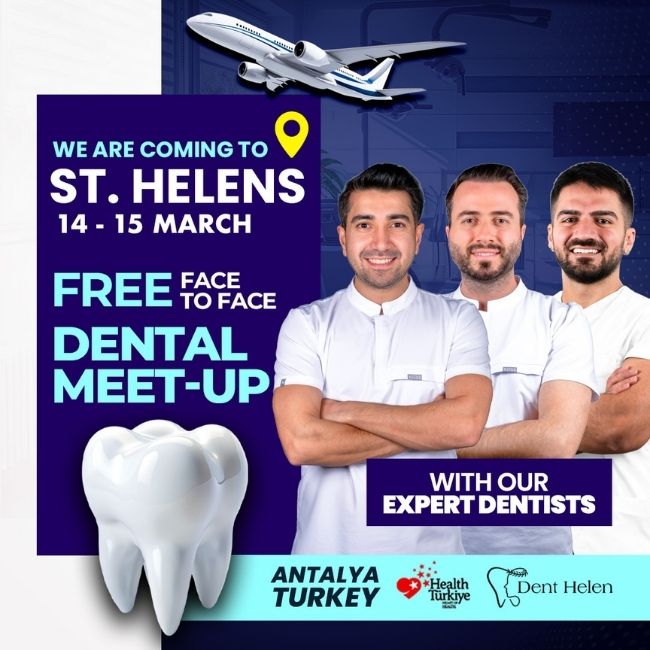
Blogs
Dental Implant Aftercare – What Should You Know?

Table of Contents
What to Expect After a Dental Implant Procedure?
Undergoing a dental implant procedure at Helen Clinic in Antalya is a step toward restoring your smile with a long-lasting solution. After the surgery, it’s normal to experience mild discomfort, swelling, and slight bleeding, which usually subsides within a few days. You may also notice slight bruising around the implant site, but this is part of the healing process. Pain can be managed with prescribed medications, and cold compresses can help reduce swelling. During the first 24 hours, it’s essential to rest, avoid strenuous activities, and follow your dentist’s instructions carefully to ensure a smooth recovery. Now, let’s explore the key aftercare tips for a successful healing process.
Essential Aftercare Tips for a Successful Healing ?
Proper aftercare is crucial for ensuring a smooth recovery and the long-term success of your dental implant. At Helen Clinic – Antalya, we recommend following these essential aftercare tips:
- Rest and Recovery: Avoid strenuous activities for at least 48 hours to prevent unnecessary pressure on the implant site.
- Cold Compress: Apply an ice pack to the cheek area in 10-minute intervals to reduce swelling.
- Medications: Take prescribed pain relievers and antibiotics as directed to manage discomfort and prevent infection.
- Soft Diet: Stick to soft foods like yogurt, mashed potatoes, and soups to avoid disturbing the implant.
- Oral Hygiene: Maintain a clean mouth by gently rinsing with warm salt water but avoid aggressive brushing near the implant.
- Avoid Smoking and Alcohol: These can slow down healing and increase the risk of implant failure.
Following these steps will help ensure a faster and more comfortable healing process. Next, let’s discuss how to reduce swelling and pain after a dental implant procedure.
How to Reduce Swelling and Pain After Dental Implants?
Swelling and mild pain are common after a dental implant procedure, but with the right approach, you can minimize discomfort and speed up recovery. At Helen Clinic – Antalya, we recommend the following tips:
- Apply Cold Compress: Use an ice pack on the affected area for 10-minute intervals during the first 24 hours to reduce swelling.
- Take Prescribed Medications: Pain relievers and anti-inflammatory drugs, as prescribed by your dentist, help manage discomfort.
- Keep Your Head Elevated: Sleeping with your head slightly raised can reduce swelling overnight.
- Avoid Hot Foods and Drinks: Heat can increase inflammation, so stick to cool or room-temperature foods for the first few days.
- Stay Hydrated: Drinking plenty of water aids in healing and reduces inflammation.
By following these simple steps, you can significantly improve your post-surgery comfort. Next, let’s go over the foods you should eat and avoid after getting dental implants.
Foods to Eat and Avoid After Getting Dental Implants
Your diet plays a crucial role in the healing process after a dental implant procedure at Helen Clinic – Antalya. Eating the right foods will help prevent complications and ensure a smooth recovery.
✅ Best Foods to Eat:
- Soft foods like mashed potatoes, yogurt, scrambled eggs, and soups are gentle on the implant site.
- Protein-rich options like fish, tofu, and smoothies support tissue healing.
- Cold foods like ice cream and chilled fruit purees can help reduce swelling and discomfort.
❌ Foods to Avoid:
- Crunchy or hard foods (nuts, chips, popcorn) can irritate the implant site.
- Sticky foods (caramel, chewing gum) may dislodge the blood clot and delay healing.
- Spicy and acidic foods (citrus fruits, hot peppers) can cause irritation and discomfort.
Sticking to a soft and nutritious diet for the first few weeks will promote faster healing. Now, let’s talk about how long it takes for dental implants to fully heal.
How Long Does It Take for Dental Implants to Heal?
The healing process after a dental implant procedure varies from person to person, but on average, it takes 3 to 6 months for the implant to fully integrate with the jawbone. This process, known as osseointegration, is crucial for the long-term success of the implant.
- First 24-48 hours: Mild swelling, discomfort, and slight bleeding may occur but should gradually subside.
- First 2 weeks: The gum tissue begins to heal, and most discomfort disappears. Stitches (if used) dissolve or are removed.
- 3-6 months: The implant fuses with the bone, creating a strong foundation for the final crown or prosthetic tooth.
Following your dentist’s aftercare instructions, maintaining good oral hygiene, and attending regular check-ups at Helen Clinic – Antalya will help ensure a smooth and successful healing process. Next, let’s explore the best oral hygiene practices after dental implant surgery.
Oral Hygiene After Dental Implant Surgery: Best Practices
Maintaining excellent oral hygiene is essential for a successful recovery and the long-term health of your dental implant. At Helen Clinic – Antalya, we recommend the following best practices:
- Gentle Brushing: Use a soft-bristled toothbrush and avoid brushing directly on the implant site for the first few days. After healing, brush twice daily as usual.
- Rinse with Salt Water: Rinse your mouth with warm salt water (but don’t swish forcefully) to keep the area clean and reduce the risk of infection.
- Use an Antibacterial Mouthwash: If prescribed, use a non-alcoholic mouthwash to kill bacteria and promote healing.
- Avoid Flossing Around the Implant Initially: Once fully healed, use implant-safe floss or an interdental brush to prevent plaque buildup.
- Stay Hydrated and Avoid Smoking: Proper hydration supports healing, while smoking can significantly slow down recovery and increase the risk of failure.
Following these oral care tips will ensure long-term implant success. Next, let’s discuss the warning signs of complications and when to contact your dentist.
Signs of Complications: When to Contact Your Dentist?
While most dental implant procedures heal smoothly, it’s important to recognize potential complications early. Mild discomfort, swelling, and slight bleeding are normal in the first few days, but if symptoms persist or worsen, you should seek professional advice. Signs of concern include severe or increasing pain, excessive swelling that doesn’t subside after a few days, persistent bleeding, or the presence of pus, which could indicate an infection. Additionally, if you notice that your implant feels loose or there’s difficulty chewing even after the healing period, this could suggest implant failure or bone integration issues. At Helen Clinic – Antalya, our experts are always ready to assist you, ensuring that any concerns are addressed immediately to protect your oral health and the longevity of your implant. Next, let’s go over the essential do’s and don’ts for a smooth recovery.
The Do’s and Don’ts of Dental Implant Recovery?
A smooth recovery after a dental implant procedure depends on following the right aftercare steps. At Helen Clinic – Antalya, we guide our patients through the healing process to ensure the best results. Here’s what you should and shouldn’t do:
✅ Do’s:
- Follow your dentist’s instructions carefully for medication, oral hygiene, and follow-up visits.
- Stick to a soft diet for the first few days to avoid putting pressure on the implant.
- Maintain proper oral hygiene by gently brushing and using a saltwater rinse to keep the area clean.
- Apply a cold compress within the first 24 hours to reduce swelling and discomfort.
- Get enough rest and avoid strenuous activities for at least 48 hours.
❌ Don’ts:
- Don’t smoke or drink alcohol, as they can slow healing and increase the risk of implant failure.
- Avoid using straws, as the suction can dislodge the blood clot and delay recovery.
- Don’t touch or poke the implant site with your tongue or fingers to prevent irritation and infection.
- Avoid hard, crunchy, or sticky foods that could damage the healing implant.
- Don’t skip your follow-up appointments, as your dentist needs to monitor your progress.
By following these do’s and don’ts, you’ll ensure a faster and complication-free recovery. Next, let’s discuss whether smoking or alcohol consumption can affect your dental implant healing process.
Can I Smoke or Drink Alcohol After a Dental Implant?
Smoking and alcohol consumption can significantly impact the healing process after a dental implant procedure. At Helen Clinic – Antalya, we strongly advise patients to avoid both for at least two weeks post-surgery to prevent complications. Smoking restricts blood flow, delaying healing and increasing the risk of implant failure. It also exposes the implant site to harmful toxins that can cause infection or gum recession. Alcohol, on the other hand, can interfere with the body’s ability to form new bone around the implant, prolonging the osseointegration process. Additionally, alcohol may interact negatively with pain medications and antibiotics, reducing their effectiveness. For the best results and long-term implant success, it’s crucial to follow your dentist’s advice and prioritize your oral health. Next, let’s explore how you can maintain your dental implants for a lifetime.
How to Maintain Your Dental Implants for a Lifetime?
Proper care and maintenance are essential for ensuring the longevity of your dental implants. At Helen Clinic – Antalya, we emphasize the importance of daily oral hygiene and regular dental check-ups to keep your implants in top condition. To maintain your implants for a lifetime, brush twice a day using a soft-bristled toothbrush and fluoride toothpaste to prevent plaque buildup. Flossing with implant-safe floss or an interdental brush is crucial to keep the surrounding gums healthy. Additionally, avoid chewing on hard objects like ice or pen caps, as excessive force can damage the implant or crown. Regular dental visits every 6 months allow your dentist to check for any signs of infection, gum disease, or loosening of the implant. If you smoke, consider quitting, as tobacco can lead to implant failure over time. By following these simple yet effective habits, you can enjoy a healthy, confident smile for life.



